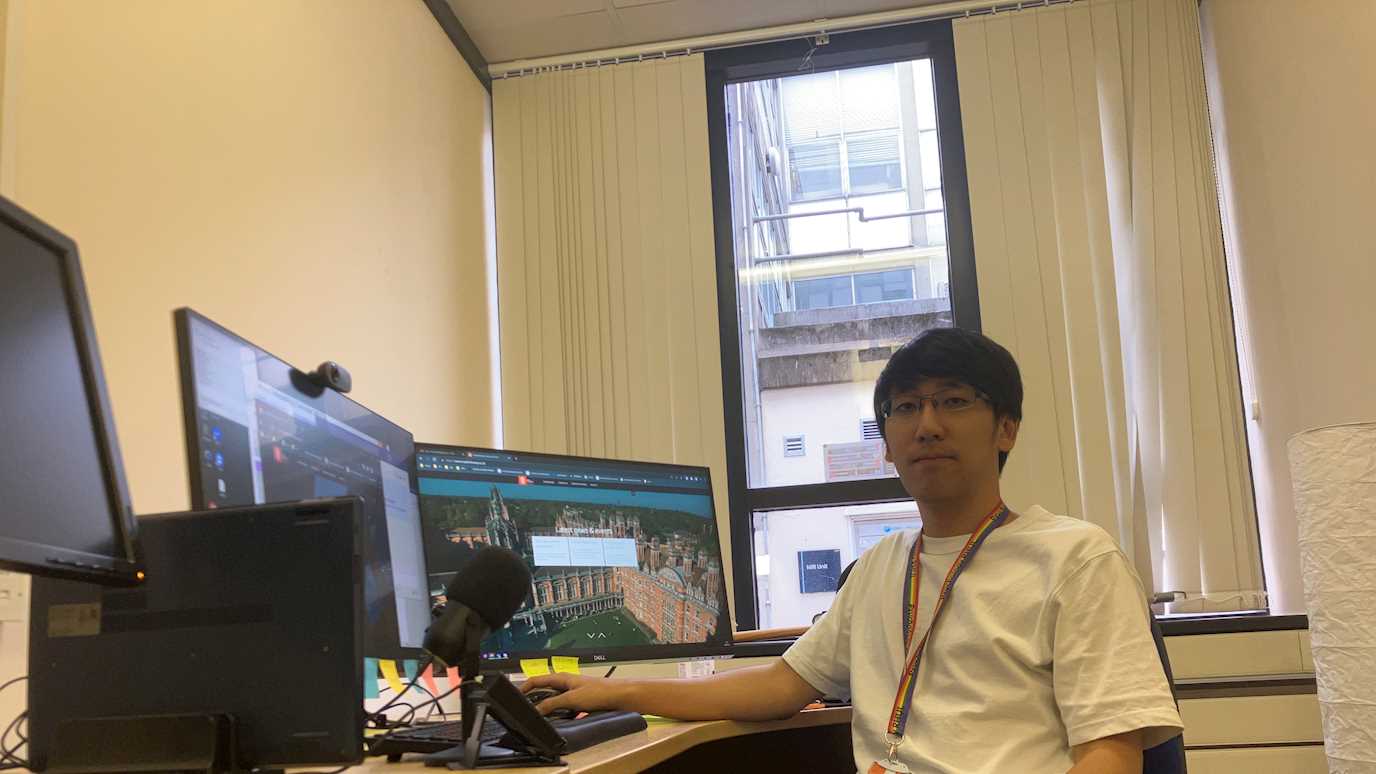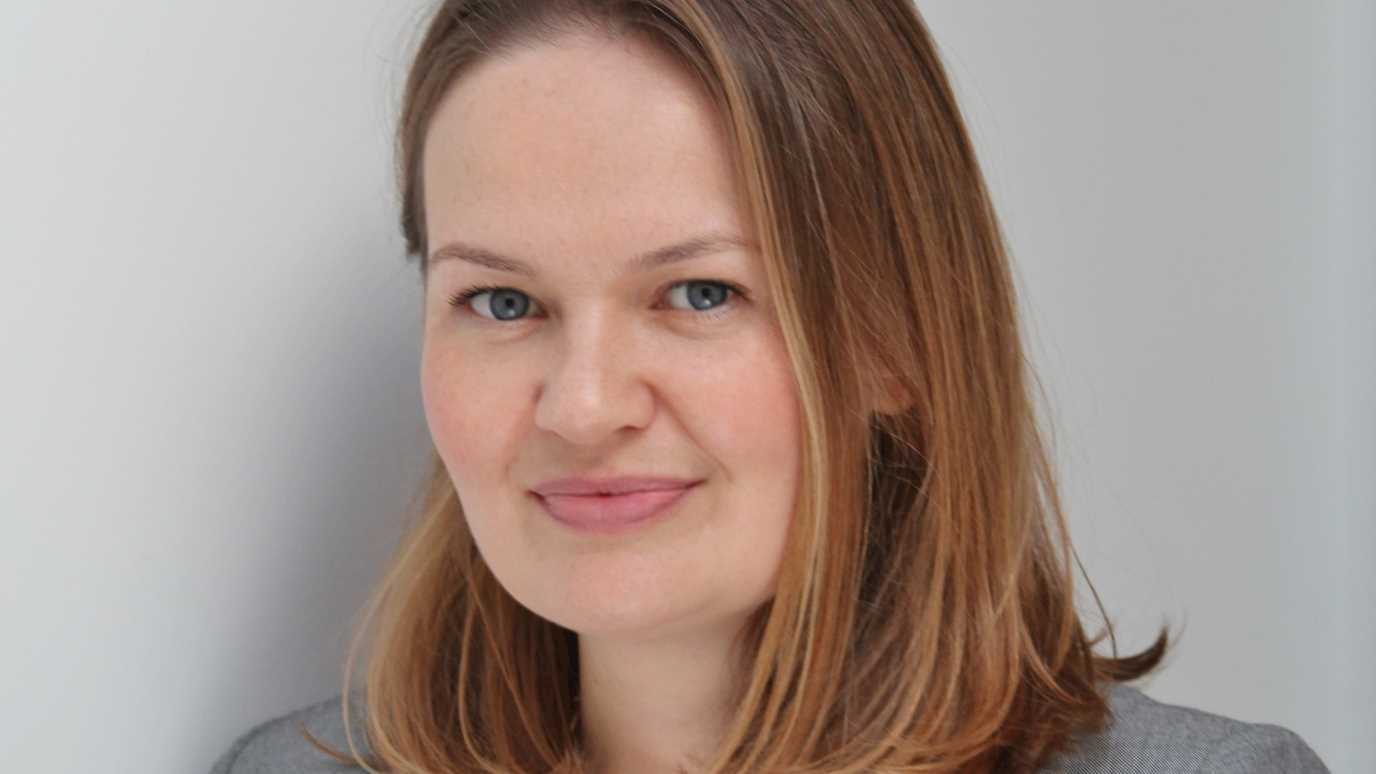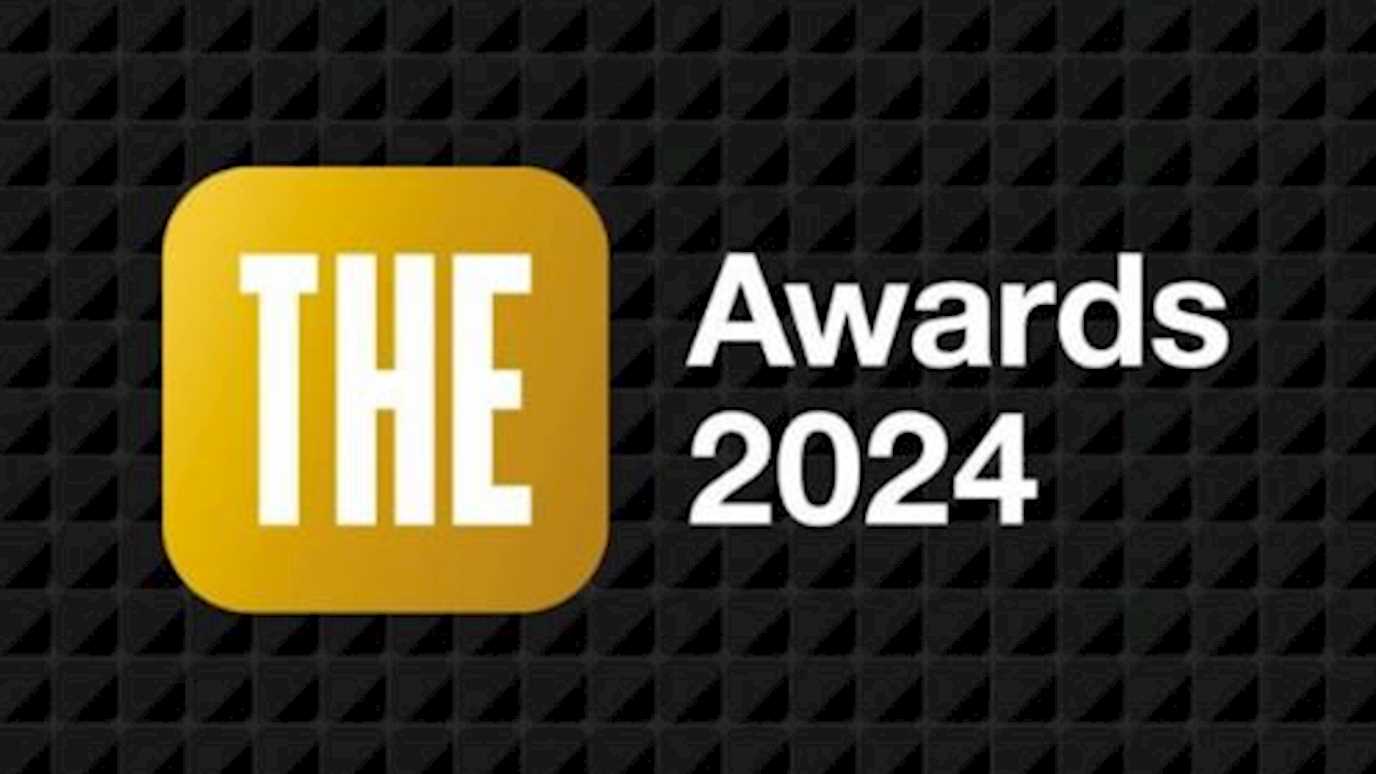Dr Michael Evangeli from the Department of Psychology at Royal Holloway, University of London, will be speaking at AIDS Impact, an international conference on HIV and AIDS, in Cape Town today, 15 November. He will be presenting findings from a study into the pre and post-test experiences of people who test HIV-positive from an HIV self-test.

The presentation at the meeting coincides with the launch of National HIV Testing Week, which Terrence Higgins Trust are marking by opening a pop-up self test HIV shop in Hackney. Prince Harry will be attending the opening of the shop.
Available legally in the UK since April 2014, HIV self-testing kits enable an HIV test to be performed by an individual without professional support, usually at home. Their availability may overcome some barriers to HIV testing such as inconvenience and concerns about confidentiality, helping to address the large numbers of people who are infected with HIV but don’t know they are.
Terrence Higgins Trust, the UK’s leading HIV and sexual health charity, designed and delivered a pilot study between June and August 2016, providing free BioSure HIV Blood Self-Testing kits for target populations of men who have sex with men and Black African men and women. They used online advertising on Facebook, Twitter, dating apps and the THT website. The study whose findings are being presented in Cape Town, involved interviews with HIV-positive men who have sex with men.
Results from the interviews revealed that participants were positive about having tested at home and knowing their HIV status. They all reported previous negative experiences of testing in clinics in the past, for example, feeling judged. Participants experienced apprehension and anxiety about taking the test, even though all had been tested for HIV before.
All participants took the self-test alone, at home, although they would now give advice to others who thought they might be HIV-positive not to test alone. Participants reported attending a clinic for confirmatory testing within hours although some were frustrated that healthcare professionals did not know about self-testing.
Conclusions drawn from the evaluation at Royal Holloway show that there are real benefits to having the option to test at home but there’s a need for further education and training on self-testing for clinics and GPs.
Michael Evangeli commented,
“This study has highlighted a lack of adverse effects for participants in the study, as we found little evidence of delays in testing or difficulties in carrying out the test, or delays in accessing care. Overall it was empowering for participants to have the option to find out their HIV status in their own home for free. The results suggest that self-testing programmes should be increased to enable more people to know their HIV status before they become unwell. ”
AIDS Impact is an international behavioural and psychosocial science conference that addresses issues related to HIV/AIDS prevention, treatment and care, focusing both globally and on specific communities and countries hardest hit by the HIV/AIDS epidemic. AIDS Impact first convened in Amsterdam in 1991, and the 2017 Cape Town conference will promote pioneering work on understanding the dynamics of a changing epidemic. A key focus will be consideration of new choices for HIV - for prevention, treatment, care and strategic planning.
Michael Evangeli is a Reader in Clinical Psychology with research expertise covering a wide spectrum of psychological and behavioural aspects of HIV. Royal Holloway’s world-class researchers teach at all levels of our degree programmes, giving students the opportunity to learn from researchers at the forefront of the discipline. Find out more about research and study opportunities in the Department of Psychology at Royal Holloway here.
























